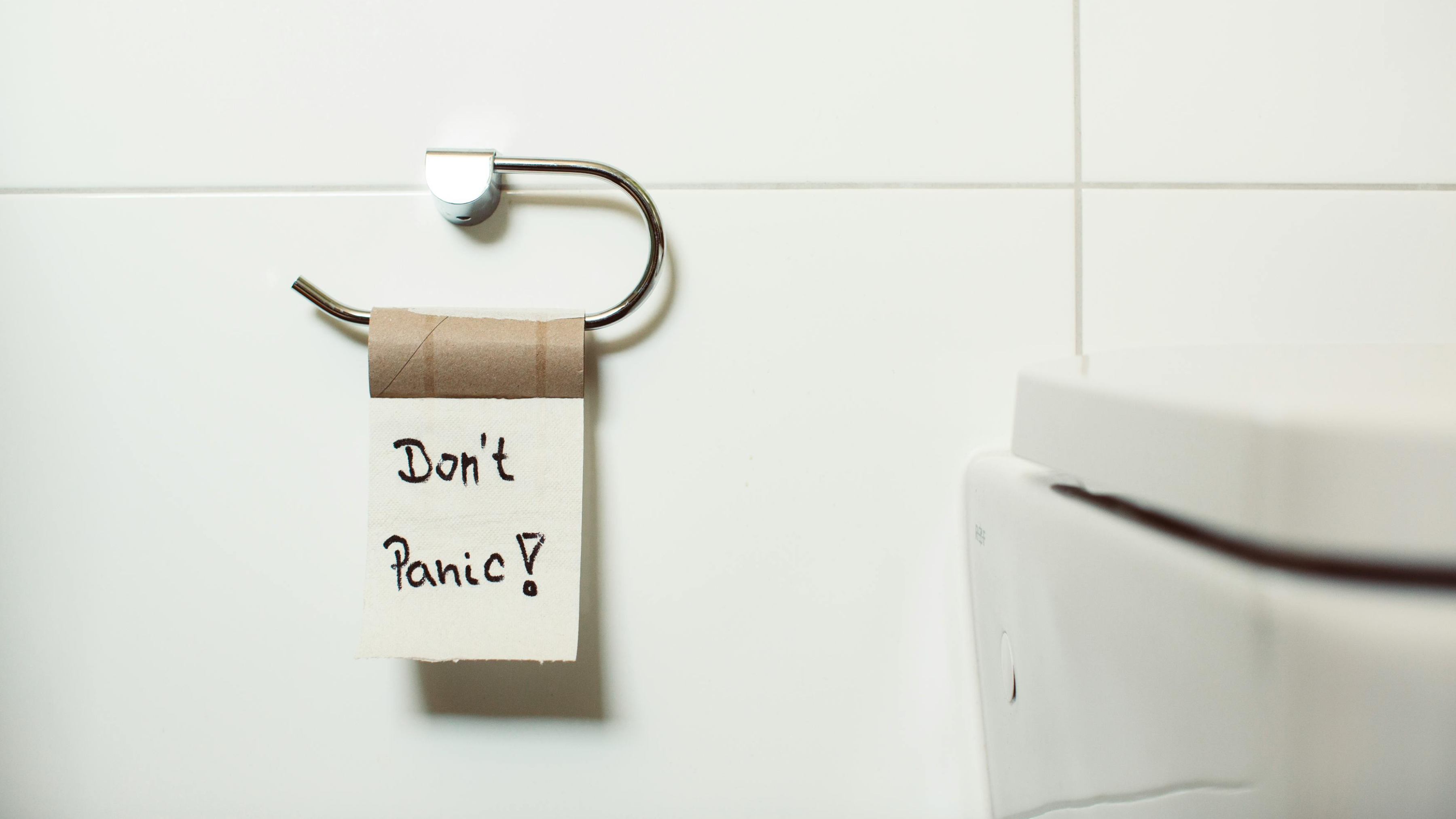Navigating the chaos of life, you might often find yourself balancing on the thin line between keeping everything together and becoming a hot mess. In the whirlwind of daily responsibilities, it's easy to lose sight of the paramount importance of self-care. Yet, understanding how to make time for self-care is an act of self-respect and a testament to understanding that to be of service to others, you must first take care of yourself. This revelatory approach to living doesn't just enrich your life; it transforms it, making every day not just manageable but enjoyable.
This article will guide you through recognizing your 'hot mess' status and why embracing the chaos can actually be your first step towards integrating self-care into your life. We'll explore practical strategies for incorporating self-care into your daily routine, from meal planning and establishing a morning routine to ensuring you get enough sleep by setting a consistent bedtime. You'll learn how to declutter not only your space but your mind, prioritize tasks, and even how to gracefully slow down, take days off, and cherish moments of simplicity. By the end, maintaining a self-care routine will seem less like a chore and more like a series of empowering choices that benefit you in the long run.
Recognizing your hot mess status
Understanding the concept of being a 'hot mess'
When you describe yourself as a "hot mess," it often reflects a sense of emotional turmoil rather than literal chaos. You might feel insecure, unsure, and visibly frazzled, believing that everyone can see the disarray you feel inside. This feeling is common and can be exacerbated by what psychologists term "self-other knowledge asymmetry" (SOKA), where you might judge your own hidden traits more harshly than others do. This leads to a skewed perception where you see yourself as messier than you actually are.
Identifying signs that you're overwhelmed
Recognizing that you're overwhelmed is crucial for taking steps toward self-care. The signs can be subtle, like constantly comparing yourself negatively to others, a behavior magnified by social media's highlight reels. Physical symptoms such as tension headaches or changes in appetite can also indicate overwhelm. Additionally, emotional responses like anxiety or irritability are telling signs. By understanding these indicators, you can start to address your feelings of being a "hot mess" and move towards a more balanced and self-compassionate life.
Embracing the chaos as a step towards self-care
Accepting your current situation without judgment
Embracing chaos begins with radical acceptance, which involves acknowledging your current circumstances without harsh self-judgment. This acceptance doesn't mean you approve of all aspects of your situation, but rather, you recognize it for what it is. By not fighting reality, you reduce the emotional drain, allowing yourself to conserve energy for more constructive efforts. Remember, radical acceptance is about reducing suffering by not allowing pain to escalate into suffering. This shift in perspective is crucial for moving forward and finding peace amidst turmoil.
The importance of giving yourself grace
Giving yourself grace is an essential part of self-care that often goes overlooked. It involves recognizing your limits and honoring your efforts without dwelling on imperfections. By giving yourself grace, you allow room for growth and learning from mistakes without the burden of guilt or self-criticism. Practicing self-forgiveness and engaging in positive self-talk are tangible ways to nurture self-compassion. Each step towards accepting your flaws and strengths equally paves the way for a more resilient and compassionate self, ultimately enhancing your ability to cope with life's challenges more effectively.
Practical strategies for incorporating self-care
Prioritizing tasks and decluttering your mental space
To effectively manage your mental clutter, begin by identifying your top priorities that align with your personal and professional goals. Utilize the Pareto Principle, focusing on the 20% of tasks that yield 80% of the results. Tools like Sortifyd can help list and organize your tasks, freeing your mind from the burden of remembering. Remember, multitasking is less efficient than mono-tasking, which helps maintain a clear headspace.
Setting realistic self-care goals
Set achievable self-care goals using the SMART framework—specific, measurable, achievable, relevant, and time-bound. Break these goals into smaller, manageable steps to prevent overwhelm and boost your motivation. Regularly reassess and adjust your goals to ensure they remain aligned with your personal growth.
Leveraging technology for reminders and organization
Embrace technology to streamline your self-care routine. Use apps like Google Calendar and Todoist to keep track of your tasks and set reminders. Sync your devices to ensure you never overlook any tasks. For mindfulness, set alarms or use apps to remind you to take breaks or engage in meditation, enhancing your daily productivity and mental clarity.
Finding your go-to self-care activities
Identifying quick and effective self-care practices is essential for maintaining your well-being, especially when time is limited. Consider integrating simple activities like taking a short walk, practicing deep breathing exercises, or engaging in a brief meditation session. These practices can significantly enhance your mood and reduce stress, and they're easy to fit into a busy schedule.
Customizing your self-care routine to match your lifestyle is equally important. What works for one person may not suit another, so it's crucial to explore different options. Try out various hobbies, relaxation techniques, or leisure activities that you genuinely enjoy. This personalization makes your self-care routine more enjoyable and sustainable.
Remember, the key to a successful self-care routine is finding a balance that fits your personal needs and daily life. By identifying effective practices and tailoring them to your preferences, you create a supportive framework that fosters both mental and physical health.
Maintaining momentum and forgiving setbacks
The significance of consistency and flexibility
Consistency in your self-care routine is crucial, but so is flexibility. Embrace small, manageable habits that fit seamlessly into your daily life. For instance, if a 30-minute meditation is too daunting, start with five-minute sessions. This approach helps maintain momentum without feeling overwhelmed. Remember, the key is not perfection but persistence. Adjust your self-care activities to match your current circumstances, which can enhance consistency and prevent burnout.
How to get back on track after a self-care miss
It's human to have off days where self-care doesn't go as planned. When this happens, avoid harsh self-criticism. Instead, recognize the miss, understand what led to it, and gently steer yourself back without delay. Incorporate simple actions like writing a paragraph if you can't complete an article, or doing a quick stretch if a full workout isn't feasible. These small acts keep the momentum going and reinforce the habit, making it easier to return to full practice in the future.
Wrapping up with a cheeky nudge
And there you have it! Embracing self-care amidst the chaos is all about making empowering choices that prioritize your well-being. So, ready to make your life more manageable and enjoyable? Dive into our delightful range of toys and digital goodies at Hello Nancy to add a pinch of fun to your routine. Plus, use the code ‘dirtytalk’ for a fab 10% off. You've got this! 🌟
FAQs
How can I manage self-care when feeling overwhelmed?
- Pause and breathe: Take a moment to do some breathing exercises to calm your anxiety.
- Establish boundaries: Create a list of things you will say "no" to, helping manage your stress.
- Treat yourself kindly: Remember to be gentle and forgiving with yourself during tough times.
- Seek support: Don't hesitate to ask for help from friends or family.
- Journal your thoughts: Writing down what you're feeling can be a therapeutic way to handle stress.
What are effective self-care practices during stressful times?
- Exercise regularly: A simple daily walk of 30 minutes can uplift your mood and health.
- Nutrition and hydration: Eat balanced meals and drink plenty of water.
- Prioritize sleep: Ensure you get enough rest each night.
- Engage in relaxation: Activities like yoga, meditation, or reading can help reduce stress.
- Set clear goals: Organize your priorities to manage your time better.
- Practice gratitude and positivity: Focus on the positive aspects of your life and appreciate the good.
- Maintain social connections: Keep in touch with friends and family to support your emotional health.
How can I allocate more time for self-care?
- Communicate your needs: Let others know what you need from them.
- Address feelings of guilt: Challenge why you feel guilty about taking time for yourself.
- Learn to decline: Saying no is vital for managing your time and energy.
- Schedule regular "me-time": Block out specific times each week just for you.
- Set work boundaries: Ensure you have clear limits at work to avoid burnout.
- Start an exercise routine: Regular physical activity is beneficial for mental and physical health.
- Take breaks alone: Enjoy a solo lunch break to recharge.
- Date yourself: Plan time that’s focused solely on your interests and happiness.
What are the signs and effects of overwhelm in individuals with ADHD?
For those with ADHD, feeling overwhelmed can manifest distinctly:
- Children may experience meltdowns or show a fight, flight, or freeze response.
- Adults might release a flurry of strong emotions, such as anger or tears.
- A common reaction in both children and adults is overwhelm paralysis or "shutdown," where the person feels stuck and unable to proceed.









